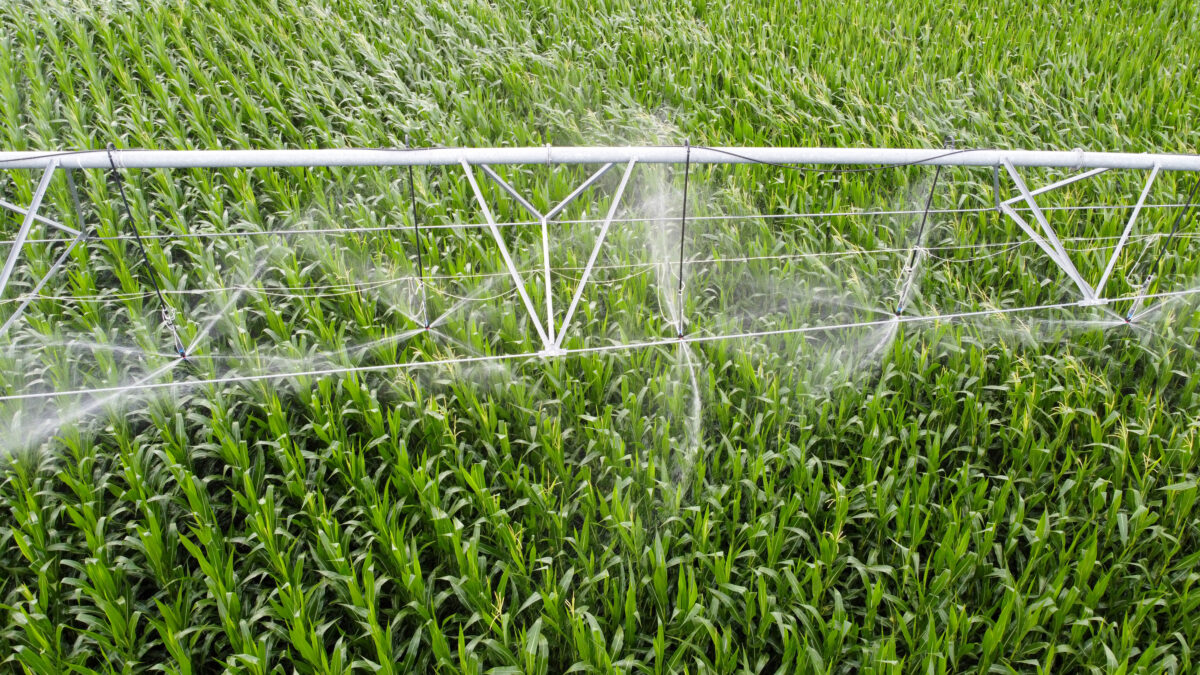An EU project aims to promote effective use of water and support the transition to agriculture that is more resilient to climate change in Mediterranean countries through the development of a water management adaptation strategy. In the framework of the project, ten model farms were selected in three study areas, with the goal of improving irrigation water efficiency and optimising adaptability of tree crops to new challenges, thus saving water, protecting the environment and enabling producers to earn satisfactory incomes. The amount of irrigation water a crop needs depends on various factors, such as climate, soil and cultivation technique.
Among the steps of the strategy for optimizing irrigation is the application of good agricultural practices aimed at:
- Reducing water evaporation from the soil, mainly in summer, by applying weed and pruning residues to the soil surface.
- Reducing transpiration losses through: a) weed removal during summer; b) balancing leaf surface area and production (appropriate winter and summer pruning); and c) using products that reduce overall transpiration.
- Reducing losses from deep percolation (improving water and nutrient retention) through: a) increasing soil organic matter; and b) rational use of fertiliser/phytochemicals based on soil and leaf analyses and according to a fertilisation and fertigation schedule.
- Increasing water storage in the soil through: a) reducing losses from surface runoff (maintaining winter weeds, no tillage); and b) introducing natural cylindrical barriers at strategically selected points of sloped plots to retain water (reduce surface runoff) and reduce soil erosion.










